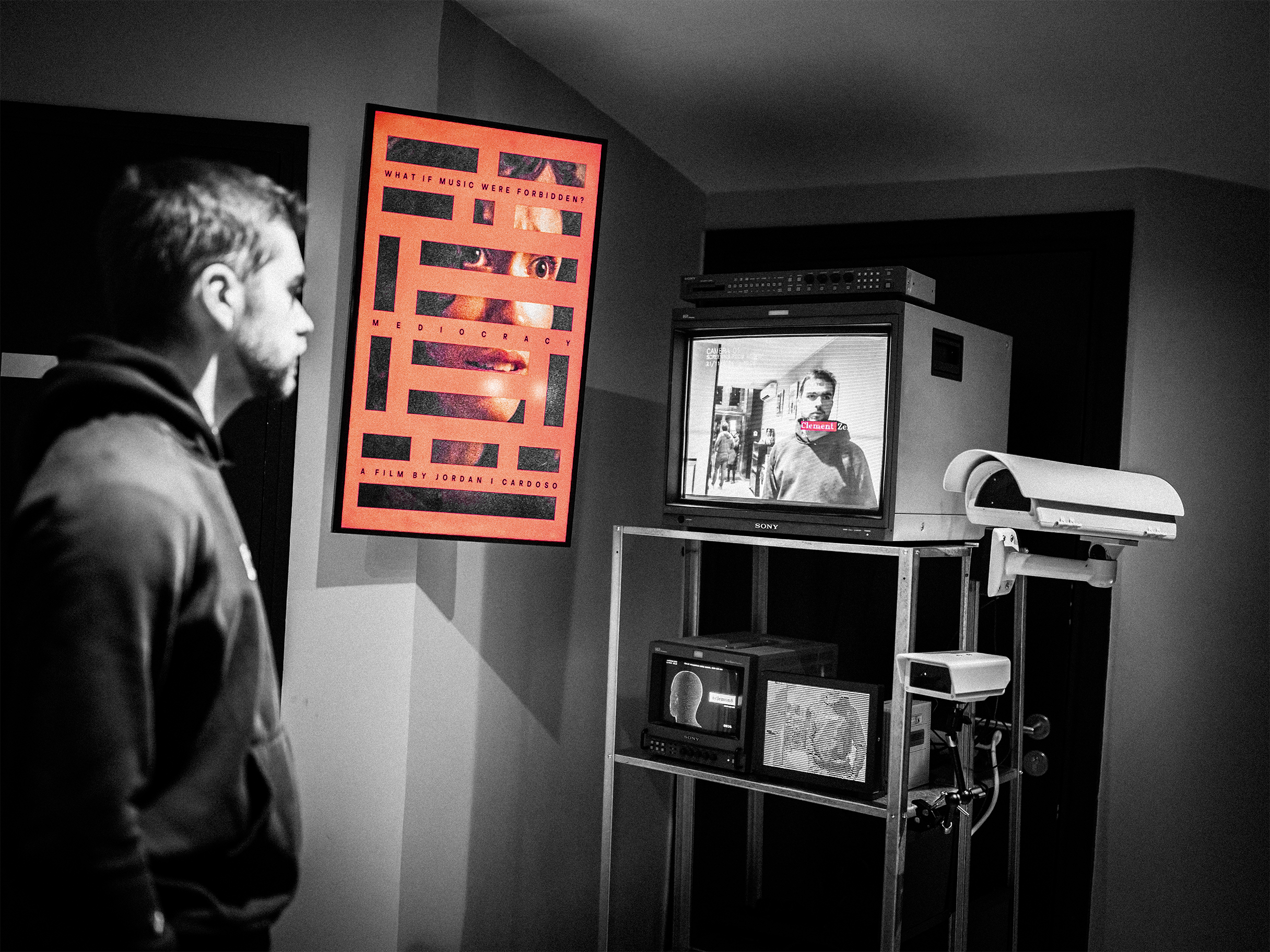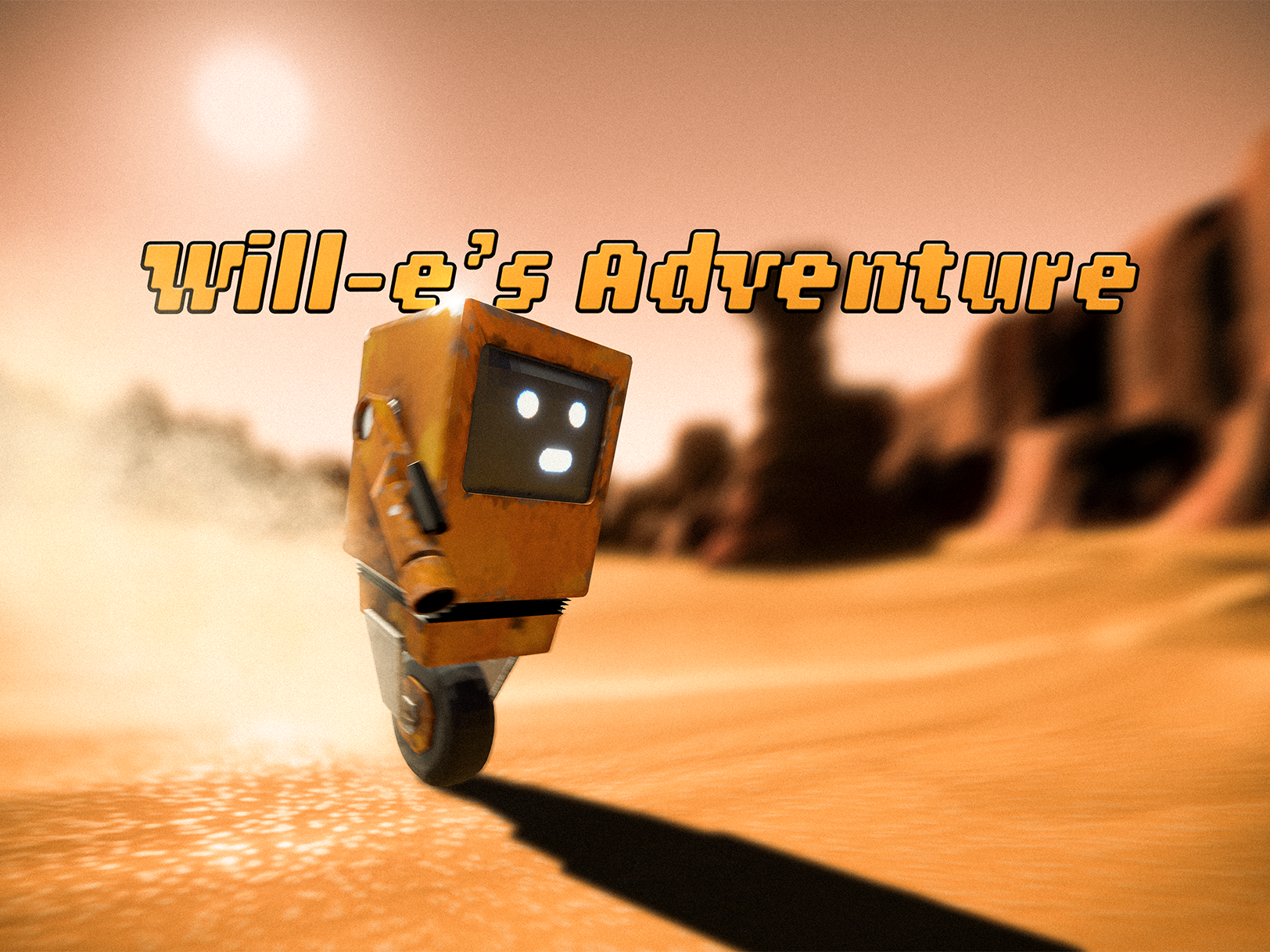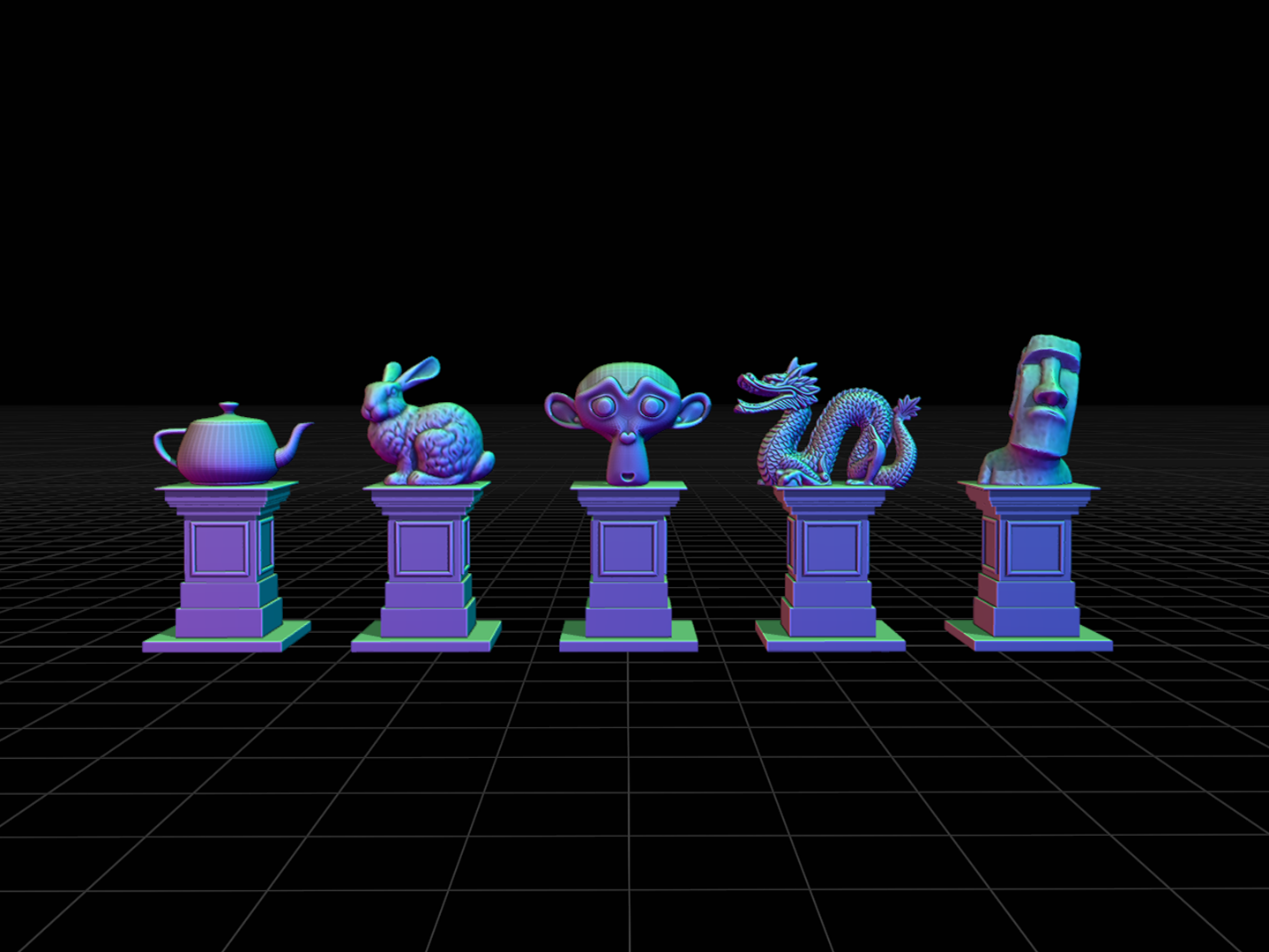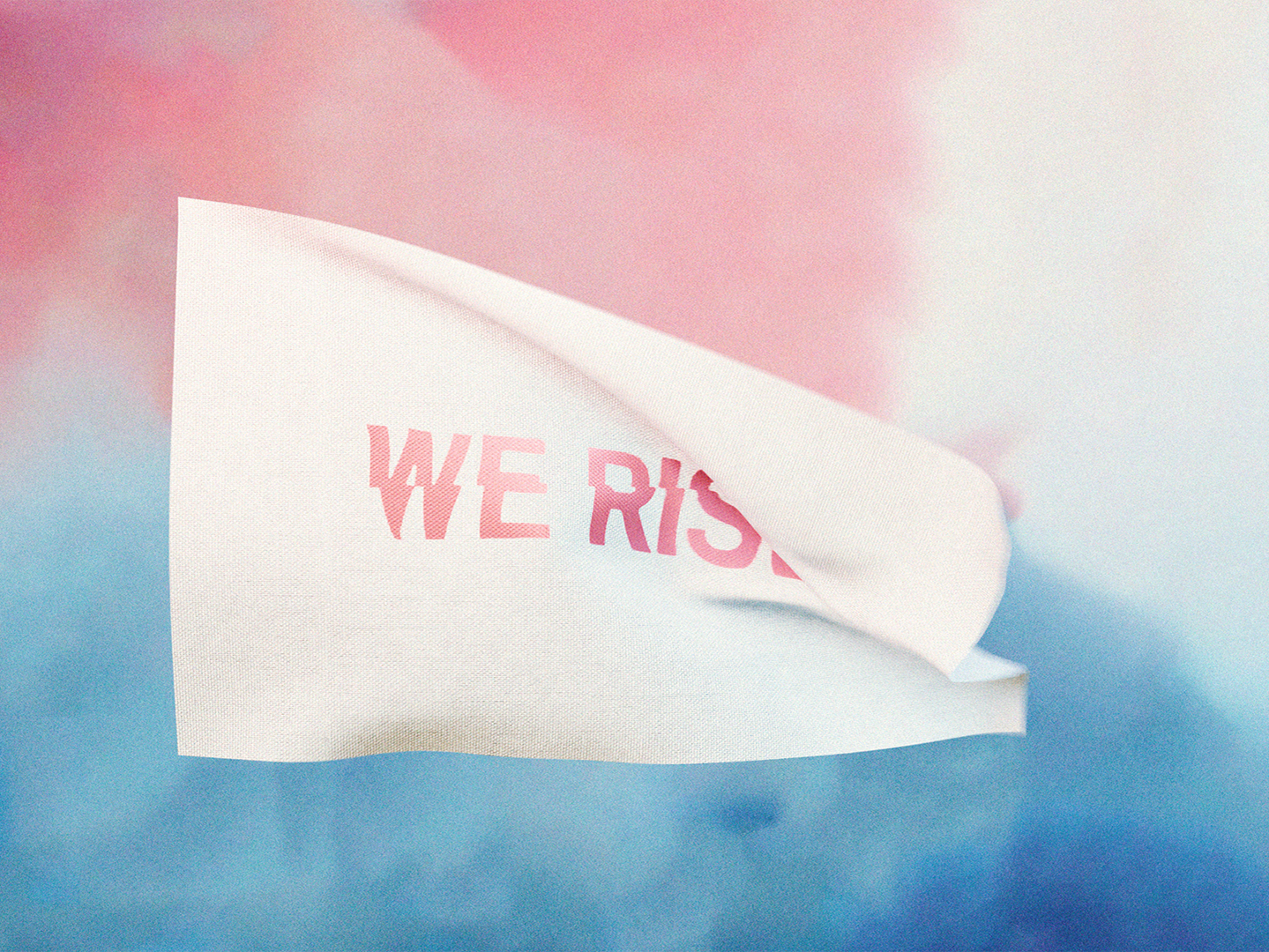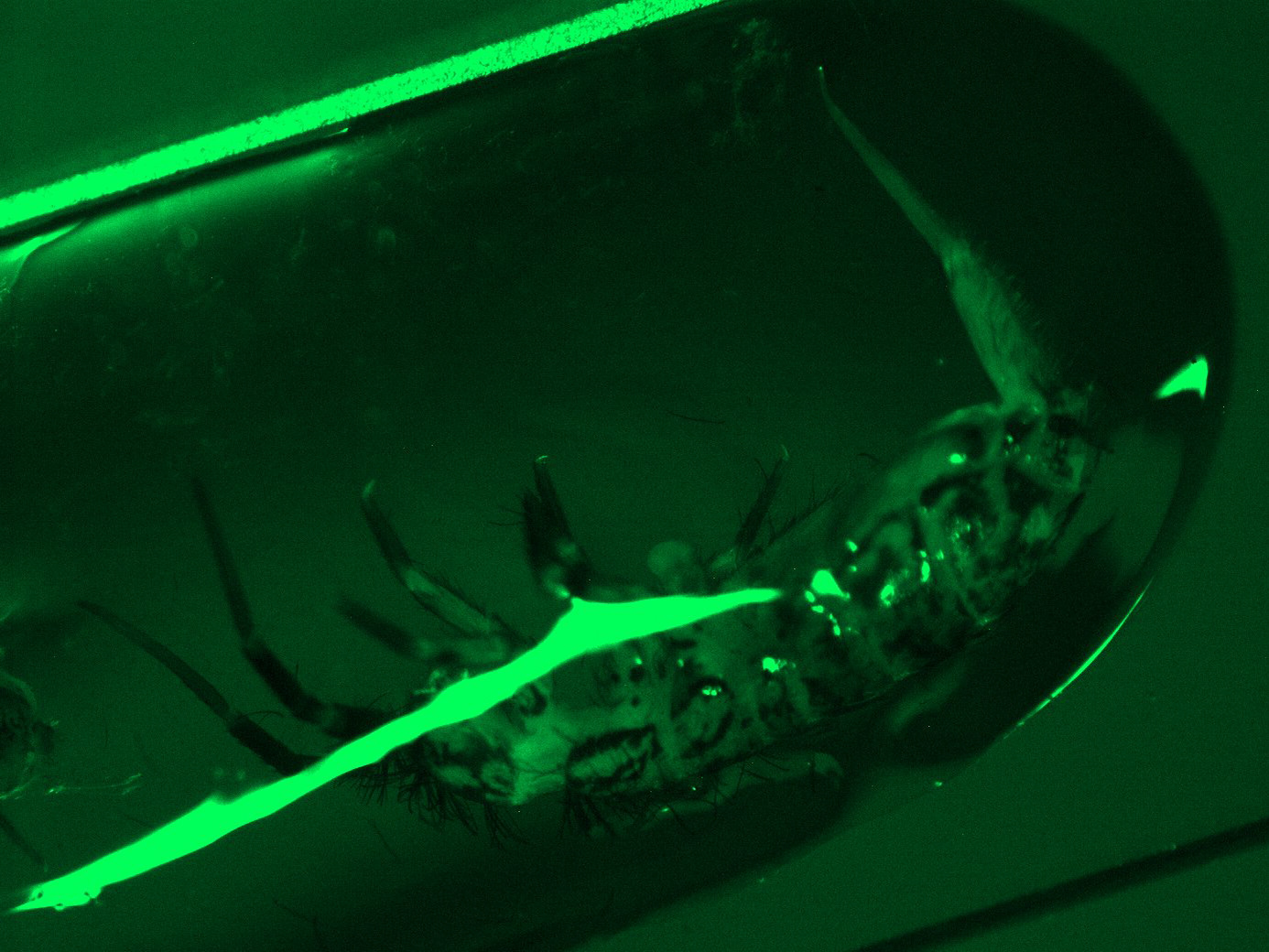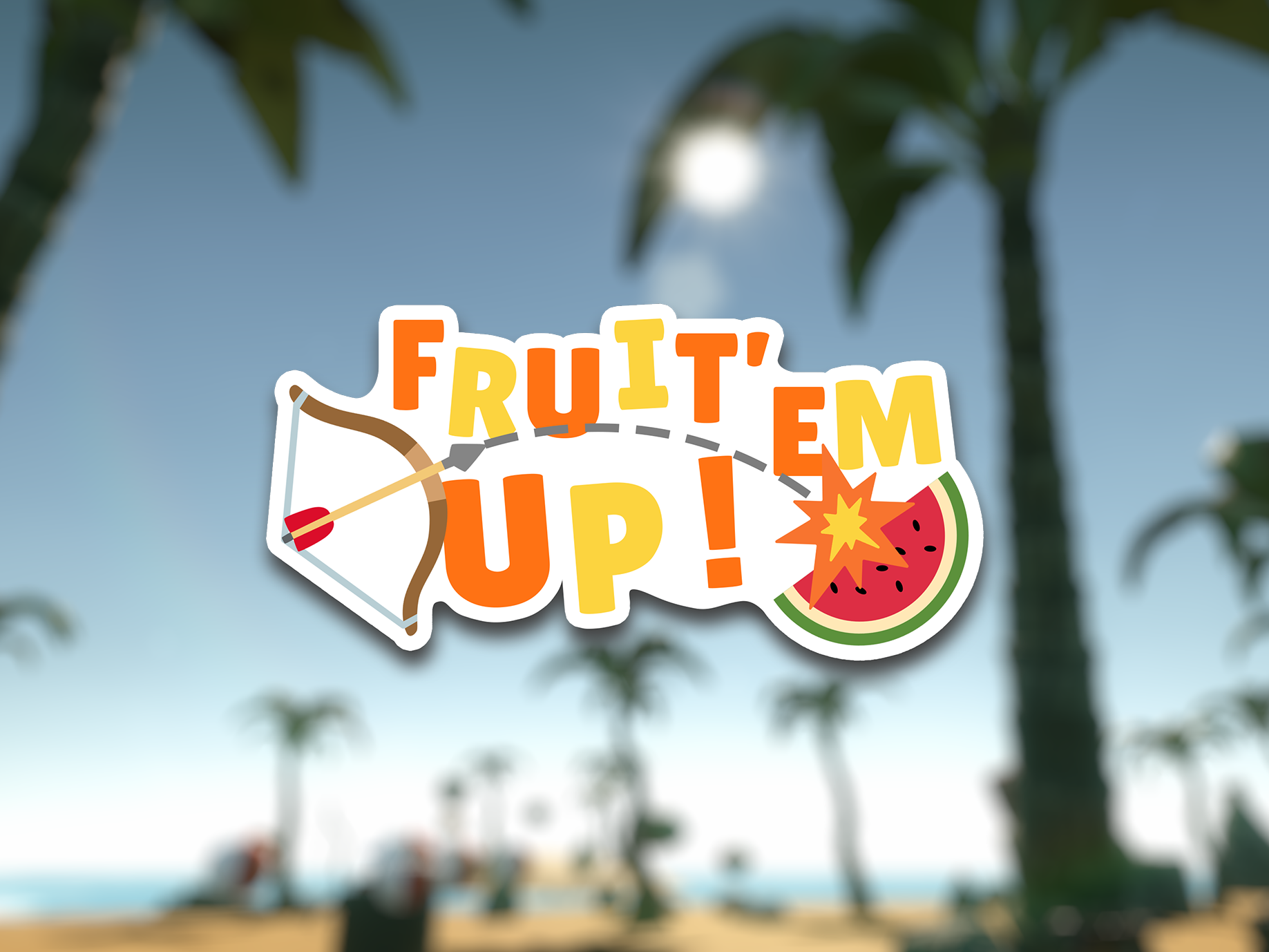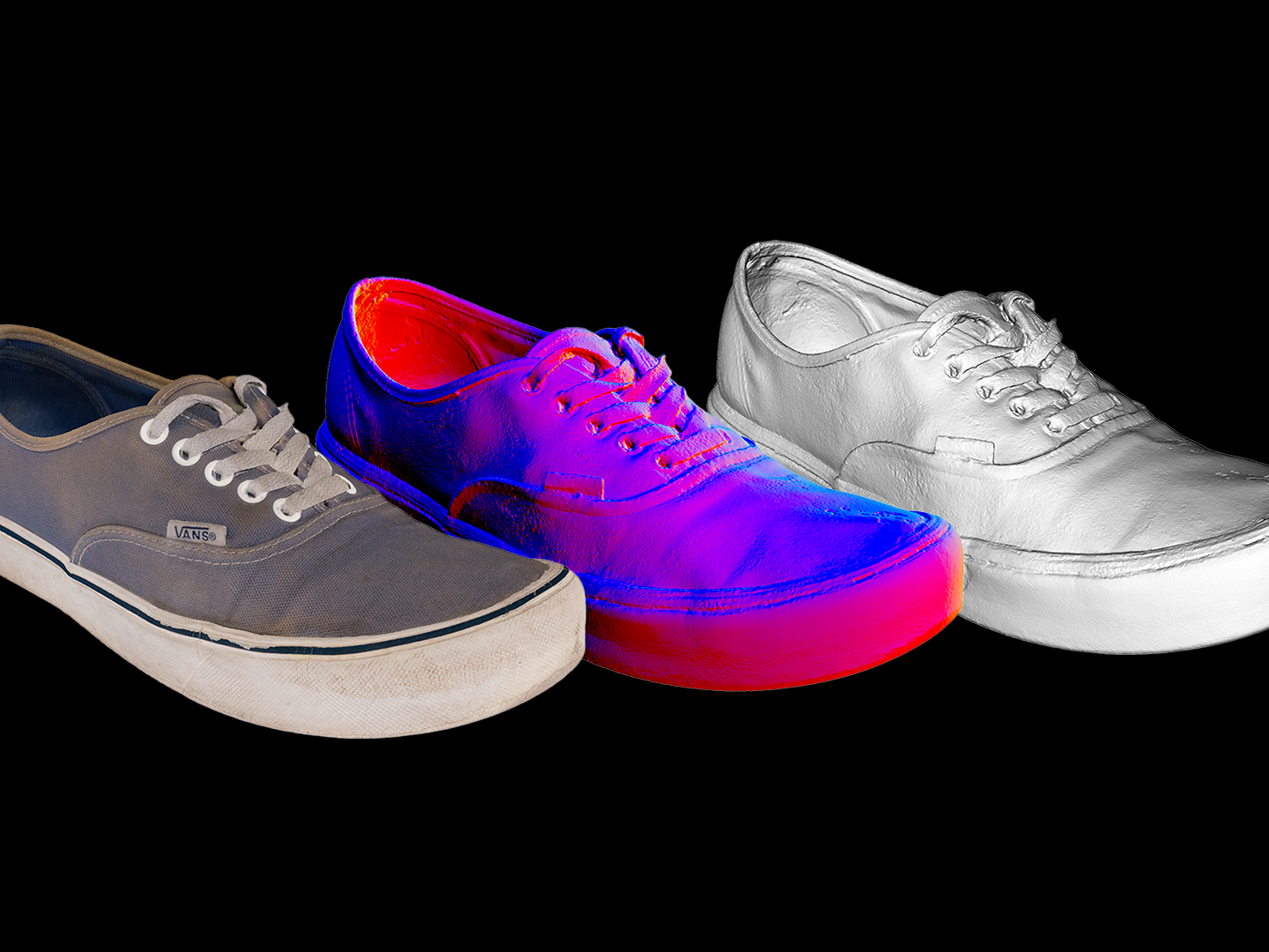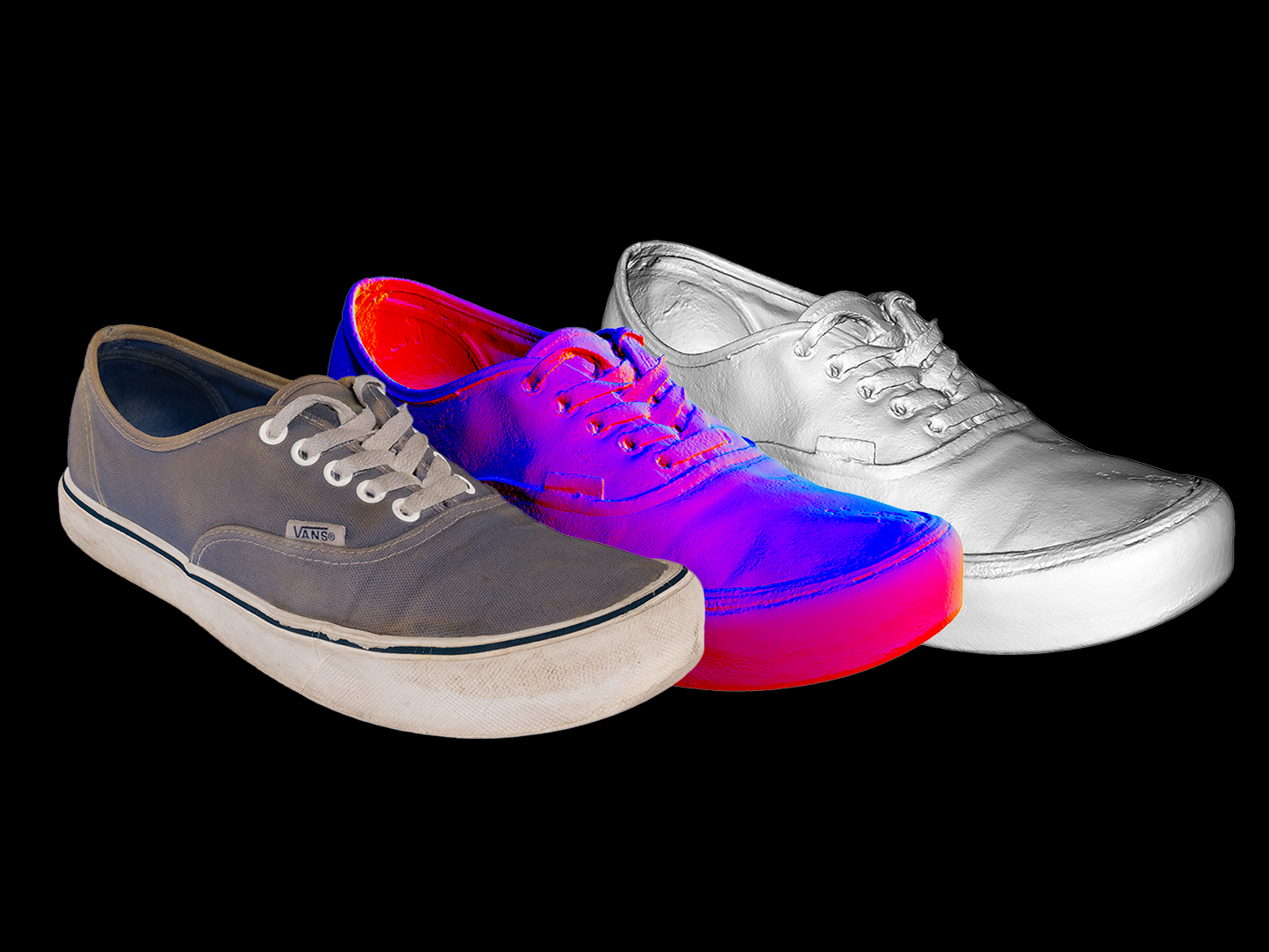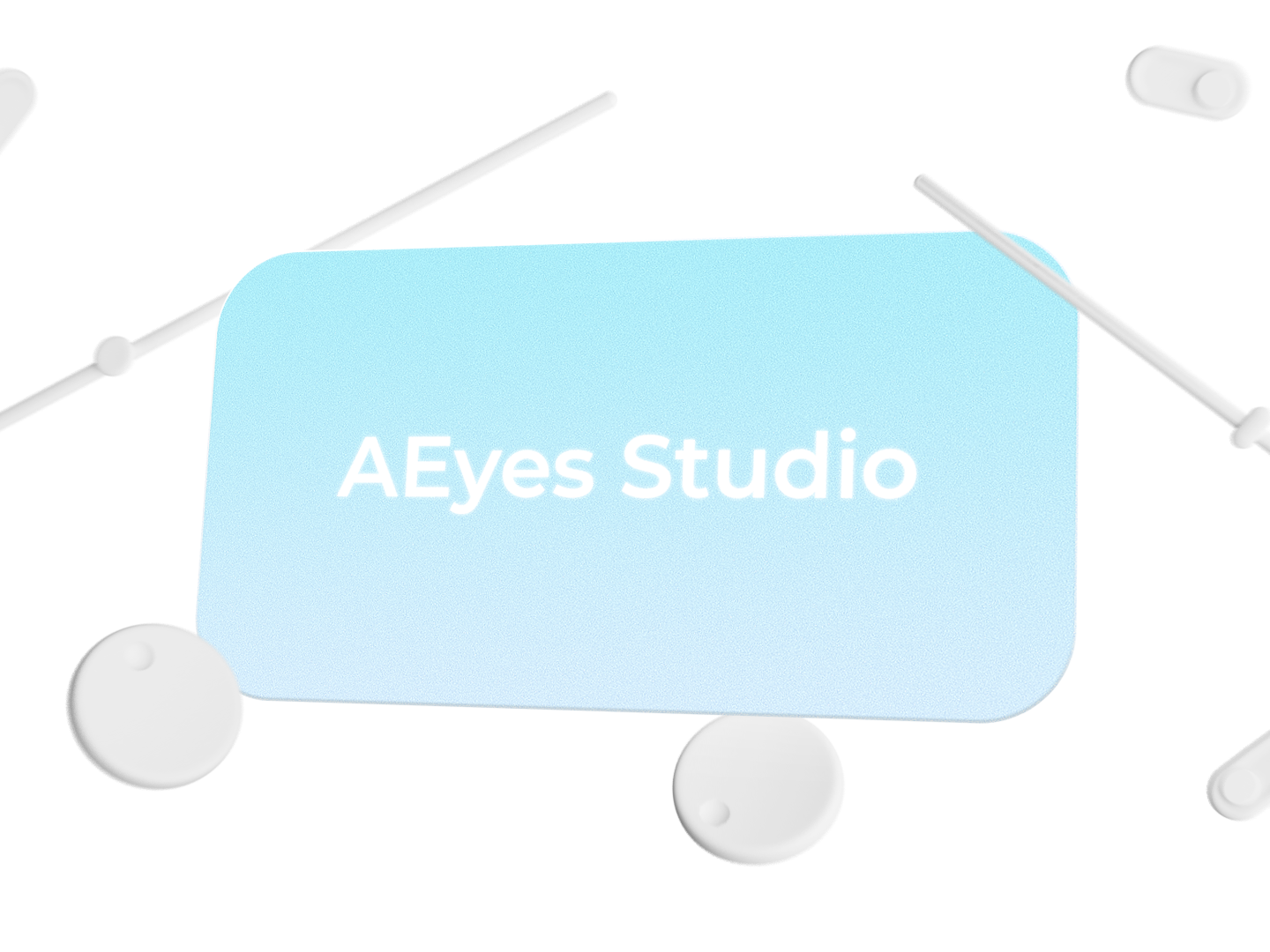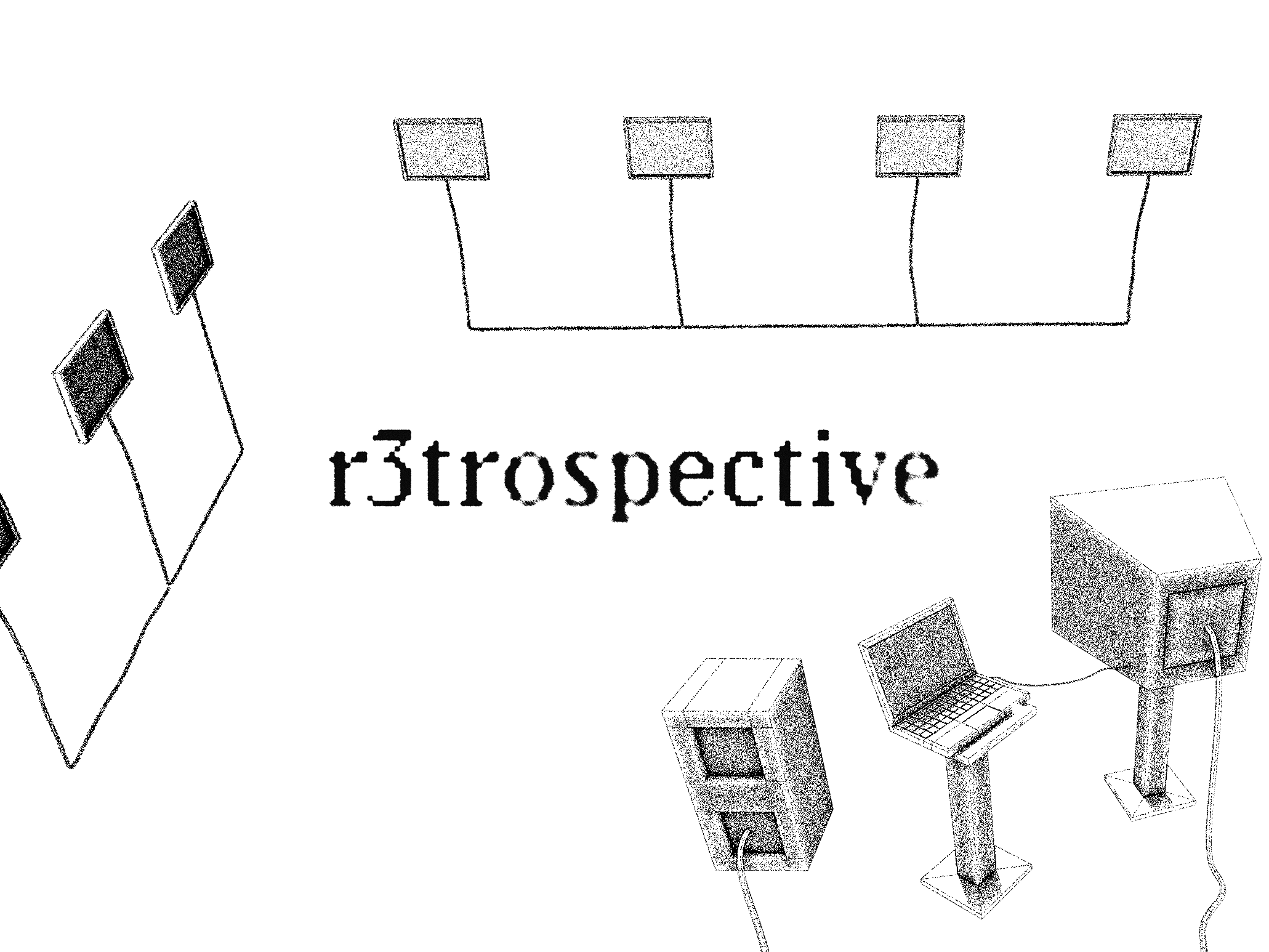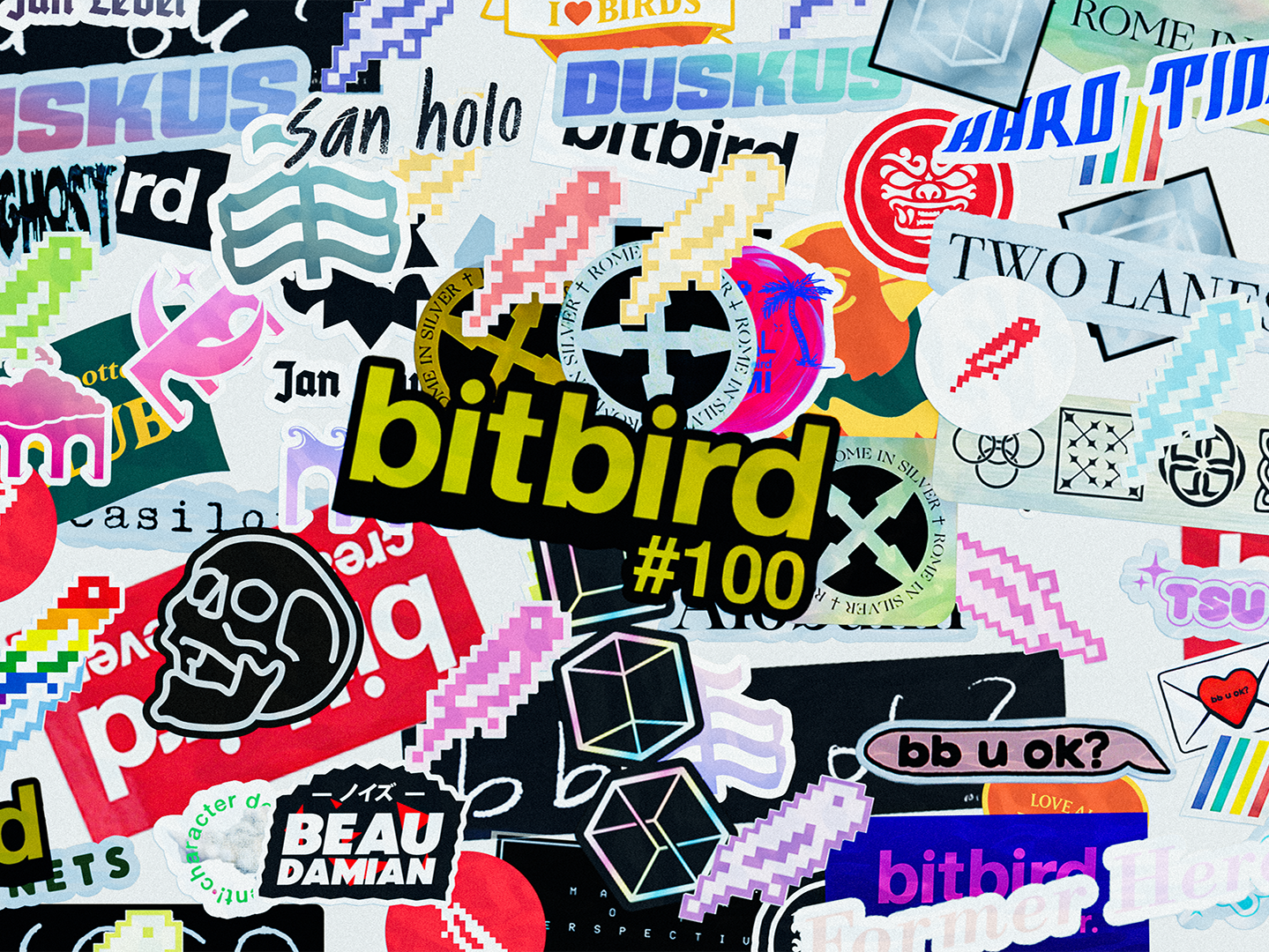Upgrade your workflow as an indie artist, supercharge your pipeline as a studio.
Promotional video of Scan Tools (June 2024)
Scan Tools is a high-performance batch image editor designed to improve photogrammetry results, automate pre-processing, and introduce innovative functionalities to the 3D scanning pipeline.
Developed as an academic project during my second year at ESIEE Paris, Scan Tools is the result of five months of teamwork alongside Alex Foulon, Gabriel Rouleau, and Erwan Gautier. Built on two key principles—performance and flexibility—it outperforms existing commercial tools in both speed and adaptability. Its impact extends beyond academia, having been integrated into the workflows of several studios and independent professionals, addressing real industry needs.
Performance-Driven by Design
Written in multi-threaded C++, Scan Tools leverages industry-trusted libraries such as OpenCV, OpenImageIO, LibRaw, and FFmpeg, ensuring speed, reliability, and future-proofing.
More than just a faster alternative to Lightroom and Photoshop, Scan Tools is tailored for photogrammetry and 3D reconstruction, improving key metrics like tie points and feature points to a degree that could save 3D reconstruction from alignement failures.
Algorithmic Precision & Ground Truth Testing
To develop and refine our pre-processing algorithms, we implemented a ground truth-based test pipeline using our Moaï models (among others). This method allowed us to compare reconstruction results across different algorithms, iteratively refining them to select the most effective solutions.
Mesh alignment for comparison
Hausdorff distance metric to evaluate algorithm improvements
Advanced Features Beyond Reconstruction
Beyond geometric reconstruction, Scan Tools introduces cutting-edge texture enhancement methods, including:
• Delighting – Remove lighting inconsistencies for cleaner albedo textures.
• Blurry Image Detection – Automatically flag low-quality input images.
• Automatic Subject Segmentation – Isolate the subject from the background with precision.
• Roughness Map Extraction – Generate roughness maps from cross-polarized datasets for enhanced material realism.
